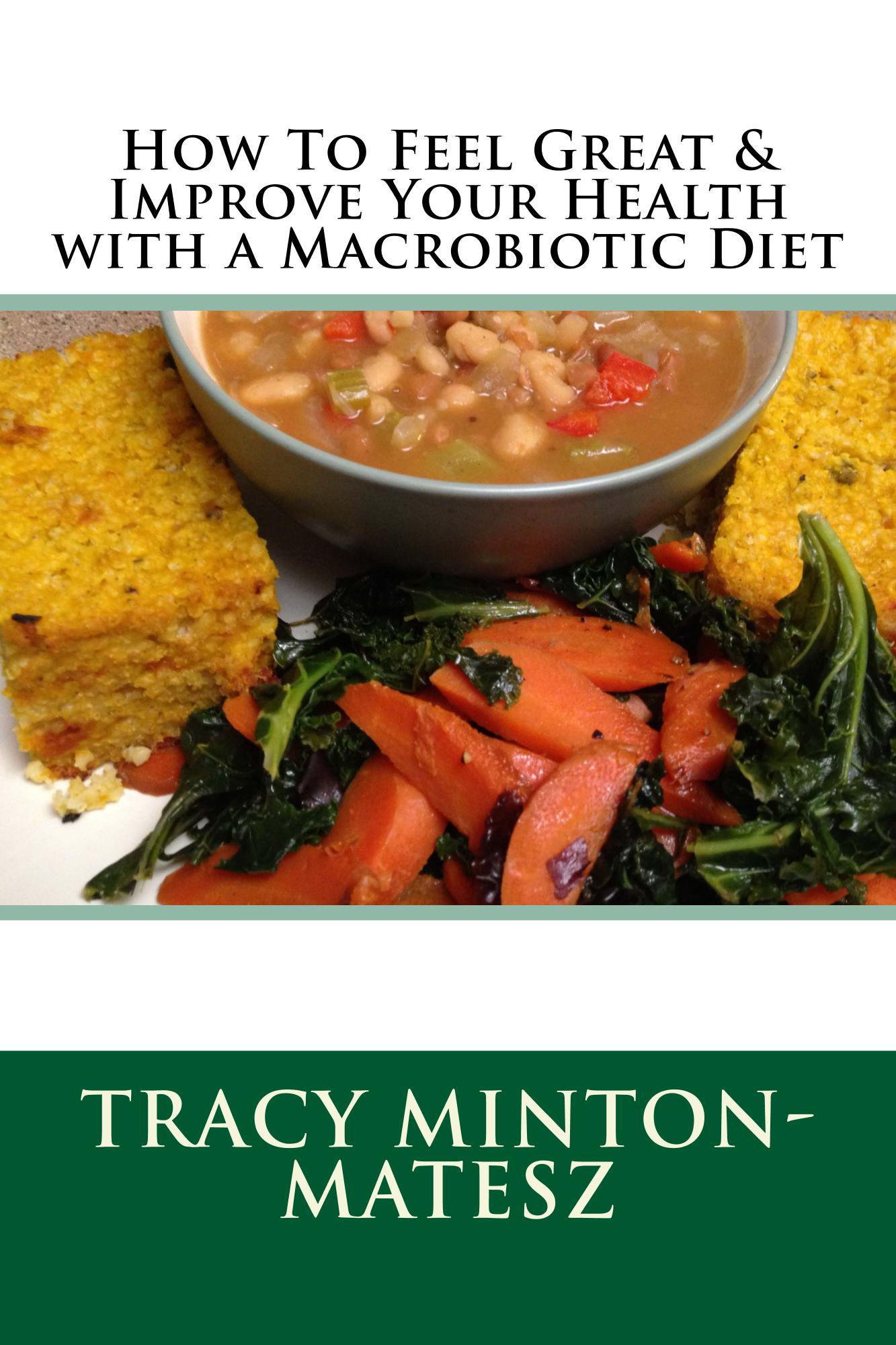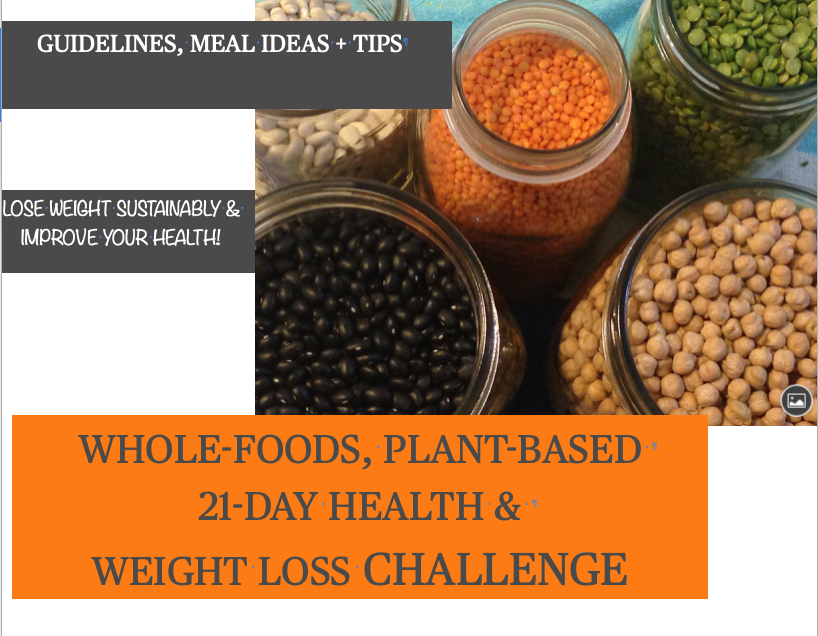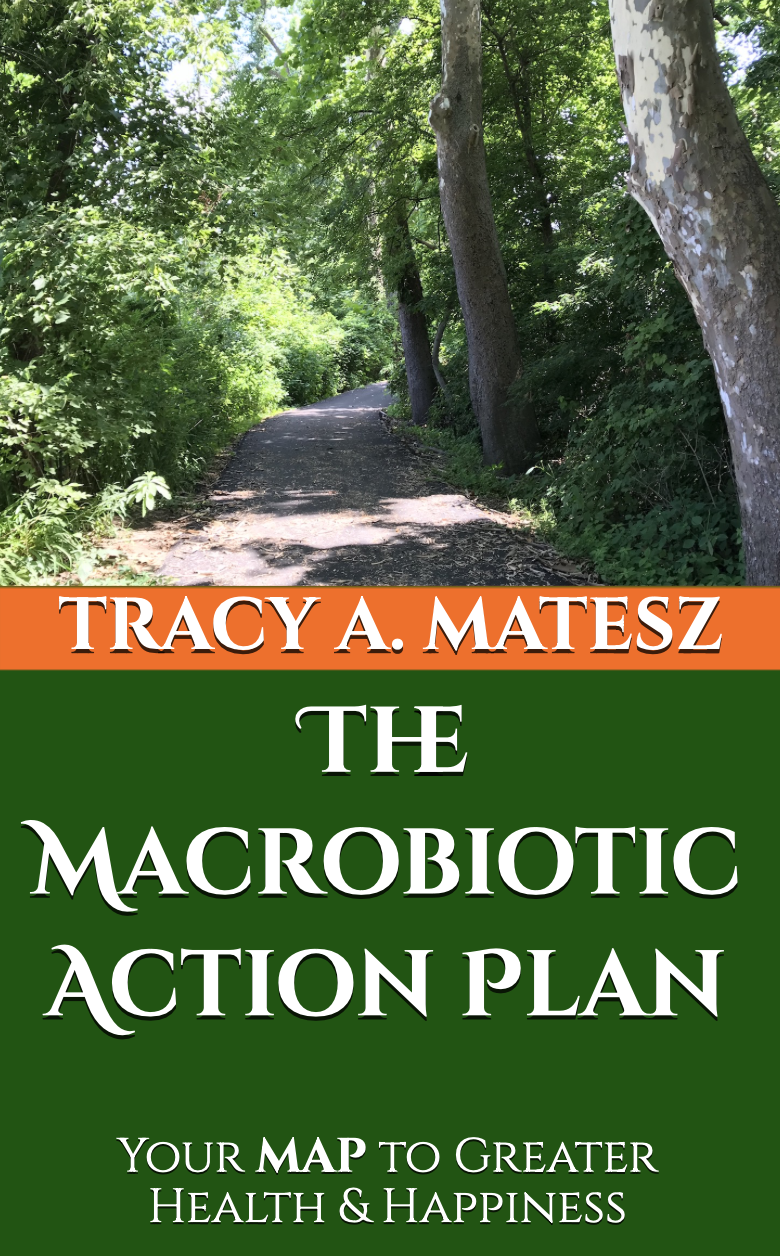Health Benefits of Tomatoes -
Nutrition and Chinese Food Therapy
The more I read about the health benefits of tomatoes ~ the more impressed I am about this most beloved fruit that 'identifies' as a vegetable.
Gardener's love growing them, and we love eating them ~ whether raw, juiced, puréed, and/or cooked down into sauces, tomato paste, and even ketchup ~ America's most beloved condiment.
I share a few of the many therapeutic uses and health benefits of tomatoes from both a Western nutritional and Chinese food therapy perspective.
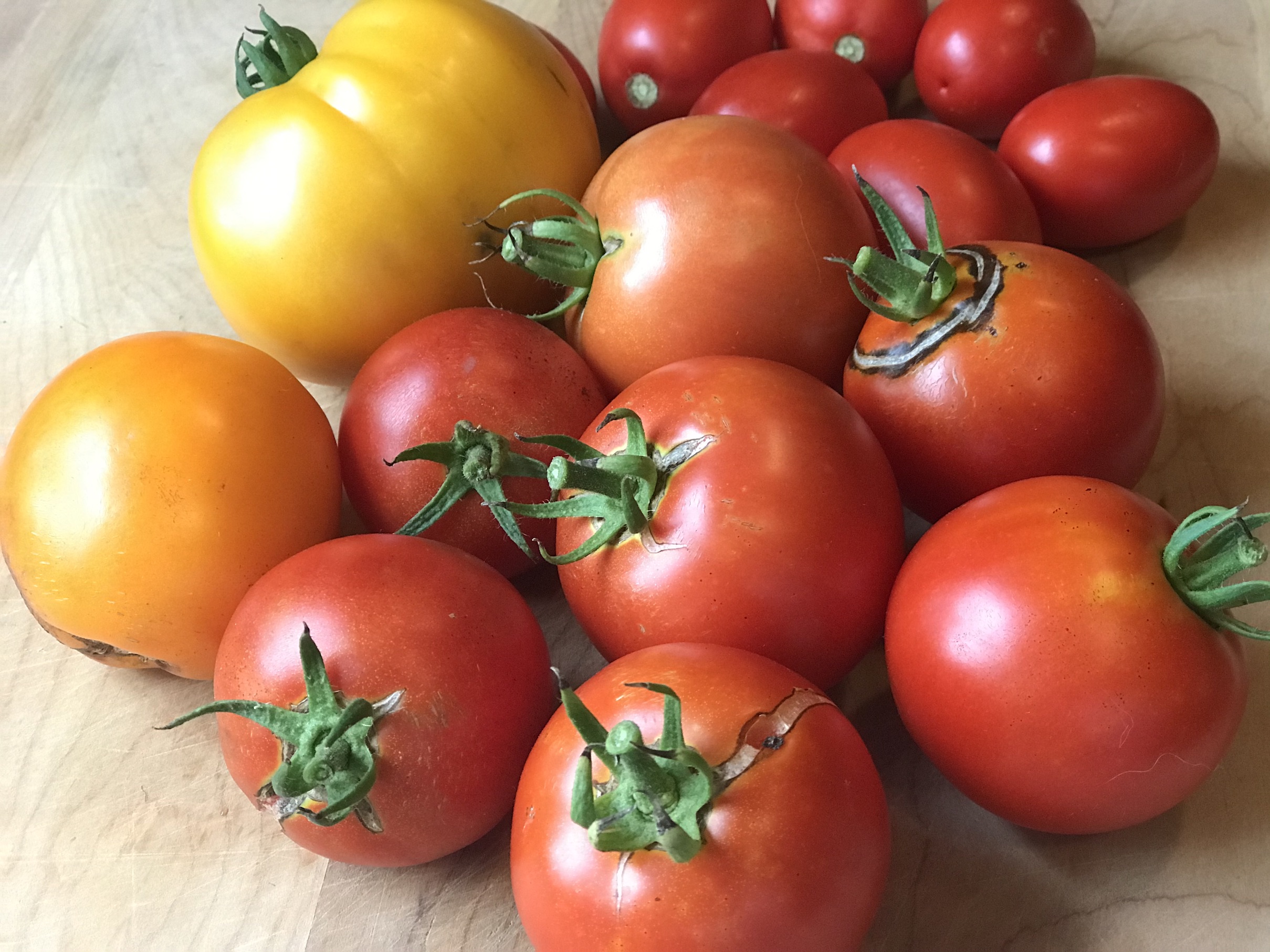
Be sure to check out my delicious, Slightly Spicy Marinara Sauce Recipe (coming soon) that's easy to make from scratch, saving you money.
Health Benefits of Tomatoes
Let's now look at the impressive health benefits of tomatoes ~ especially cooked ~ for inspiration to enjoy a good spaghetti dinner, or other dish featuring tomatoes ~ one of summer's most coveted fruits.
I've outlined both more current western nutritional research and ages old Chinese food therapy perspectives on the uses and health benefits of tomatoes, below.
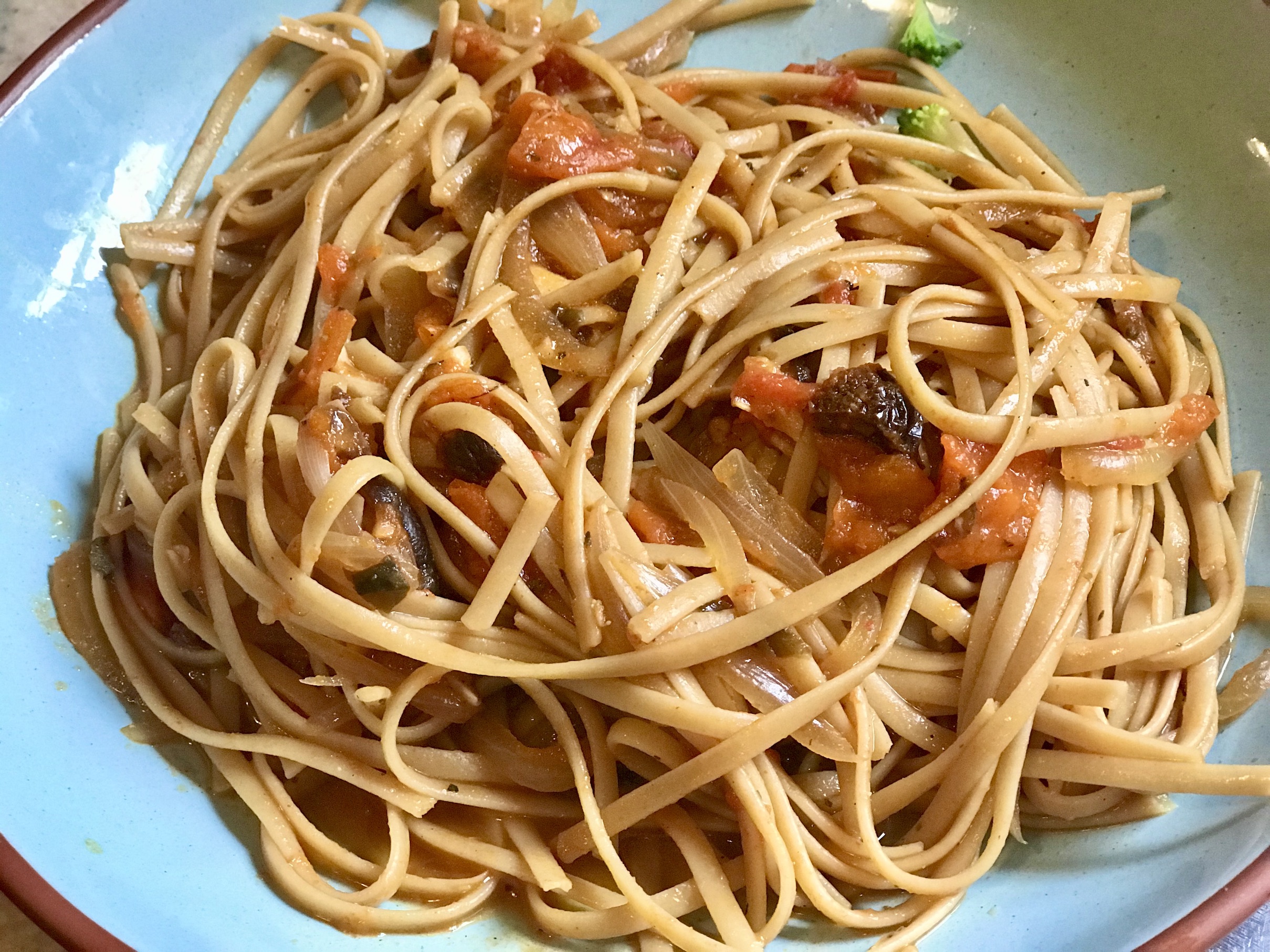
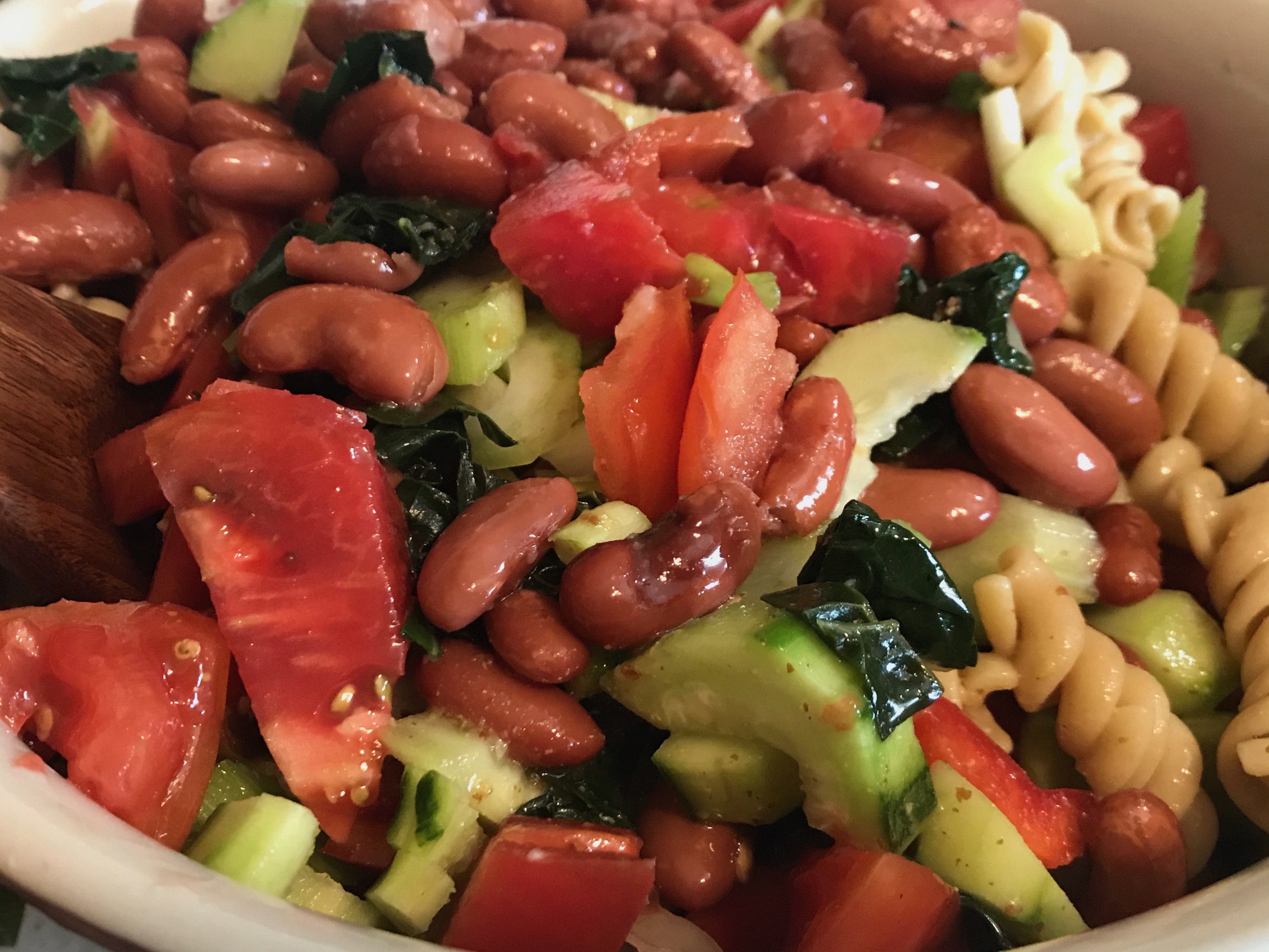
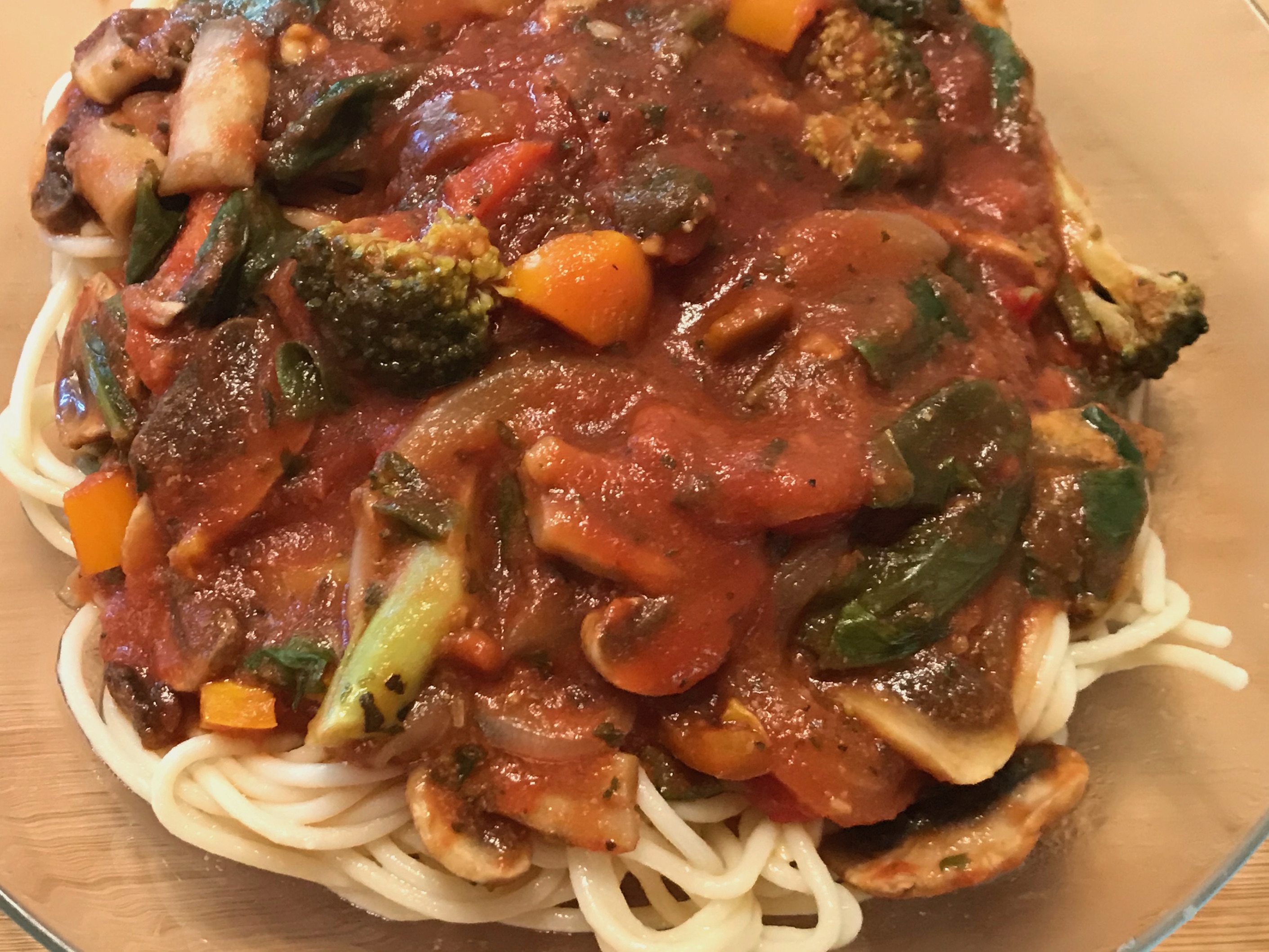
Health Benefits of Tomatoes from a Chinese Food Therapy Perspective
According to Chinese food therapy, tomatoes have a cool nature, with a sweet sour flavor which can help clear heat, produce body fluids, and nourish the yin and blood. They are also used to promote digestion, relieve hypertension and bloodshot eyes, and dry eyes or blurred vision due to Liver Yin Deficiency.
Henry C. Lu, author of many books on Chinese food therapy, including Chinese Foods for Longevity explains that because fluids are needed in order for the joints to function properly, the Chinese believe that if the joints are 'creaky' eat tomatoes!
"...When the joints make cracking noises, tomatoes may be used as a remedy."
~Chinese Foods for Longevity, Henry C. Lu
More current Western nutritional research validates the ages old uses of tomatoes in Chinese food therapy for treating hypertension, among other conditions.
Another relatively unknown health benefit for tomatoes is a Chinese food therapy remedy for bleeding gums using fresh tomato sweetened with sugar twice a day.
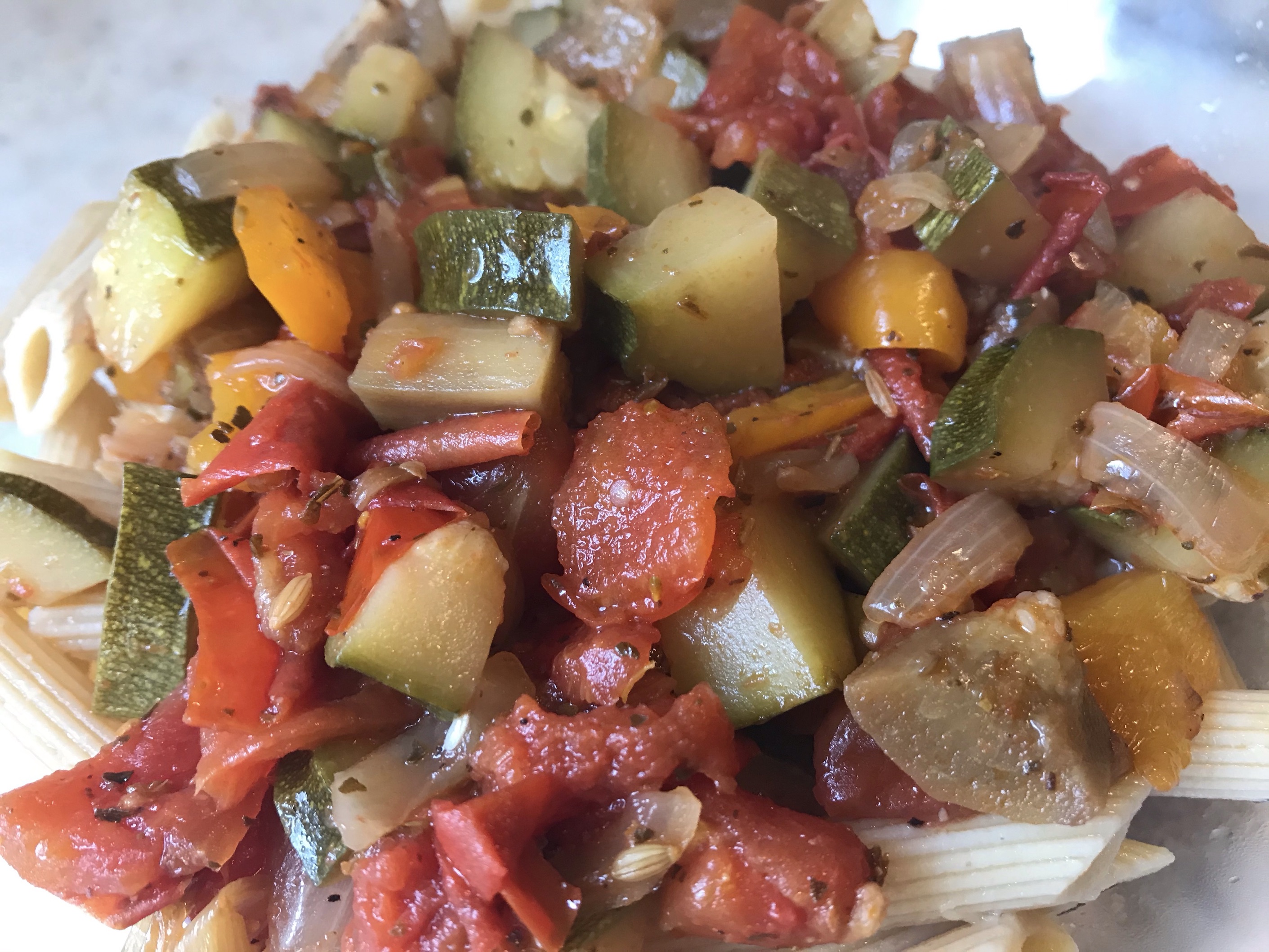
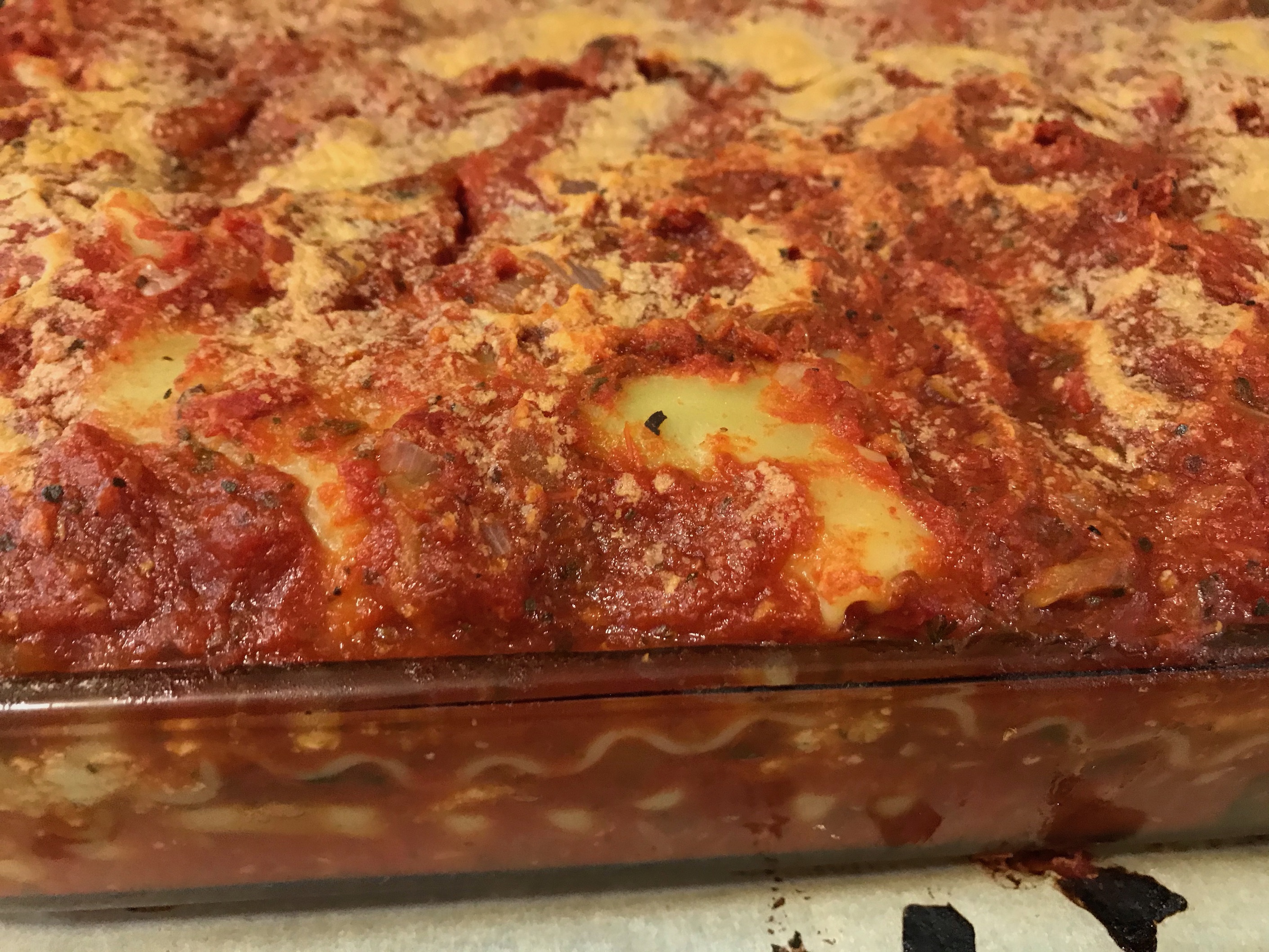
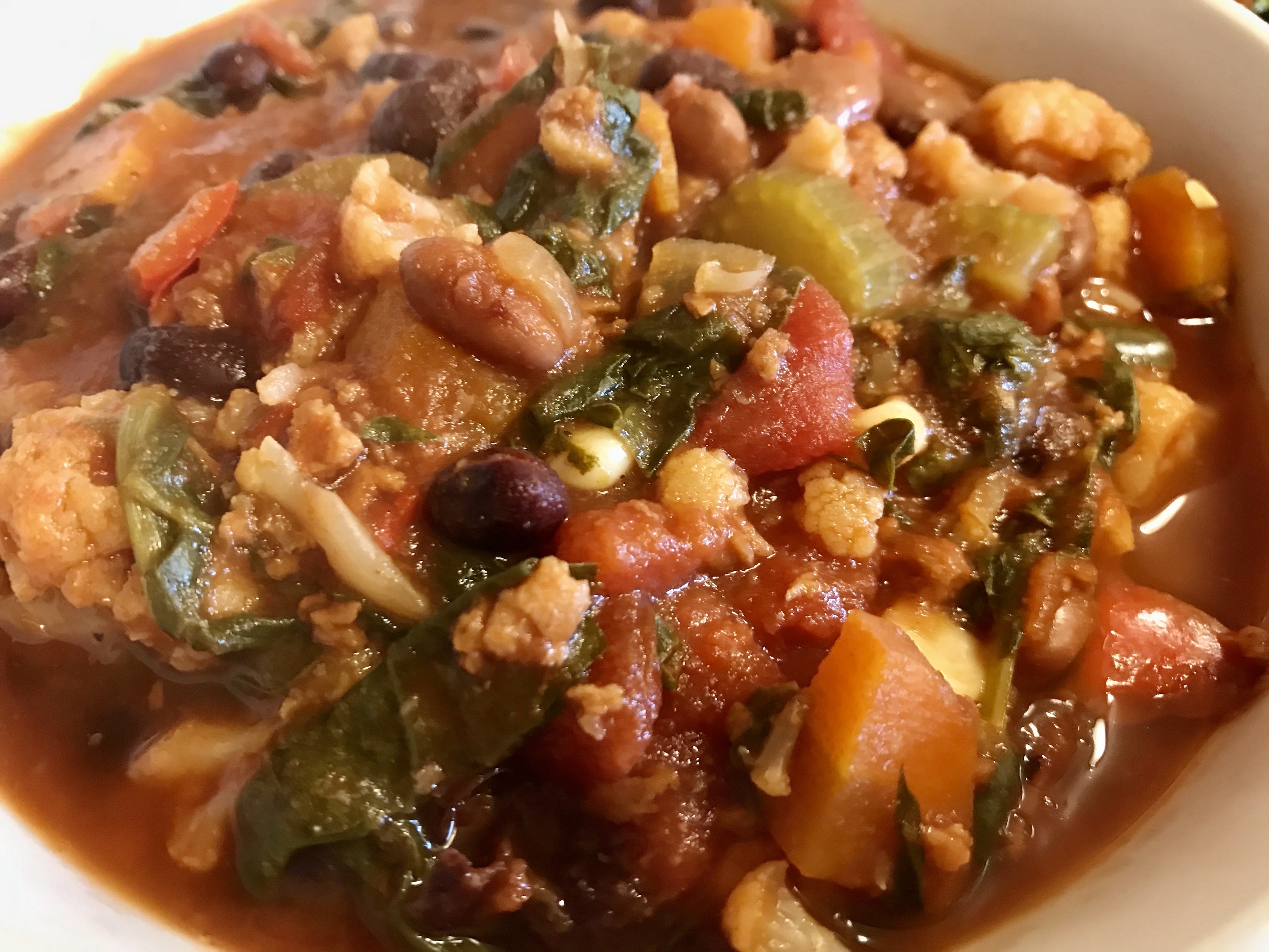
Health Benefits Of Tomatoes According To Western Nutritional Research
Two of the main ingredients boosting those amazing health benefits of tomatoes are lycopene and cartenoids ~ found in higher concentrations in canned tomatoes like tomato paste, tomato sauce, and even ketchup ~ than fresh tomatoes.
Tomatoes also contain chlorogenic acid, beta carotene and other antioxidants and phytonutrients, plus they are good sources of vitamin C, potassium, folate, and vitamin K.
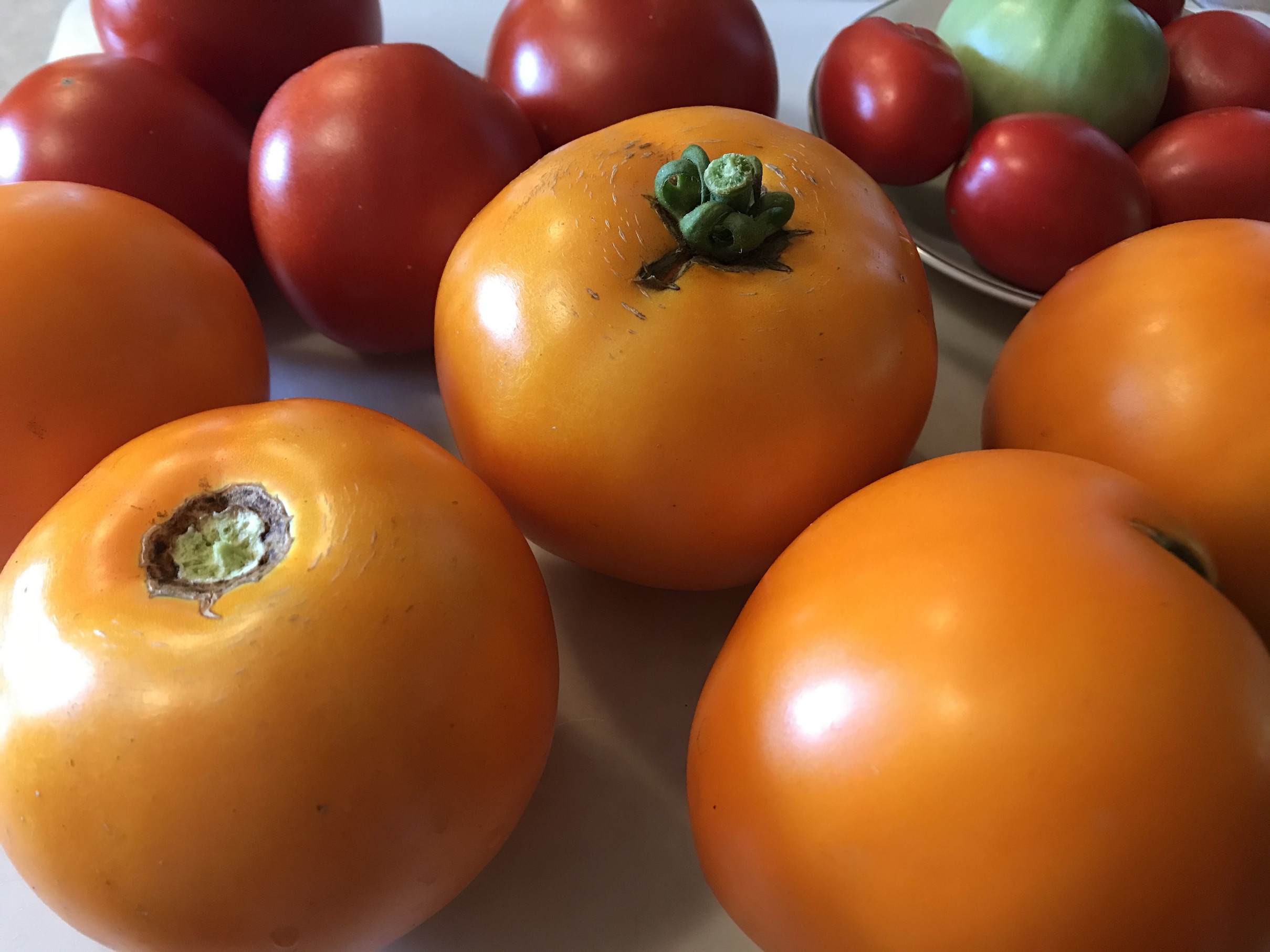 |
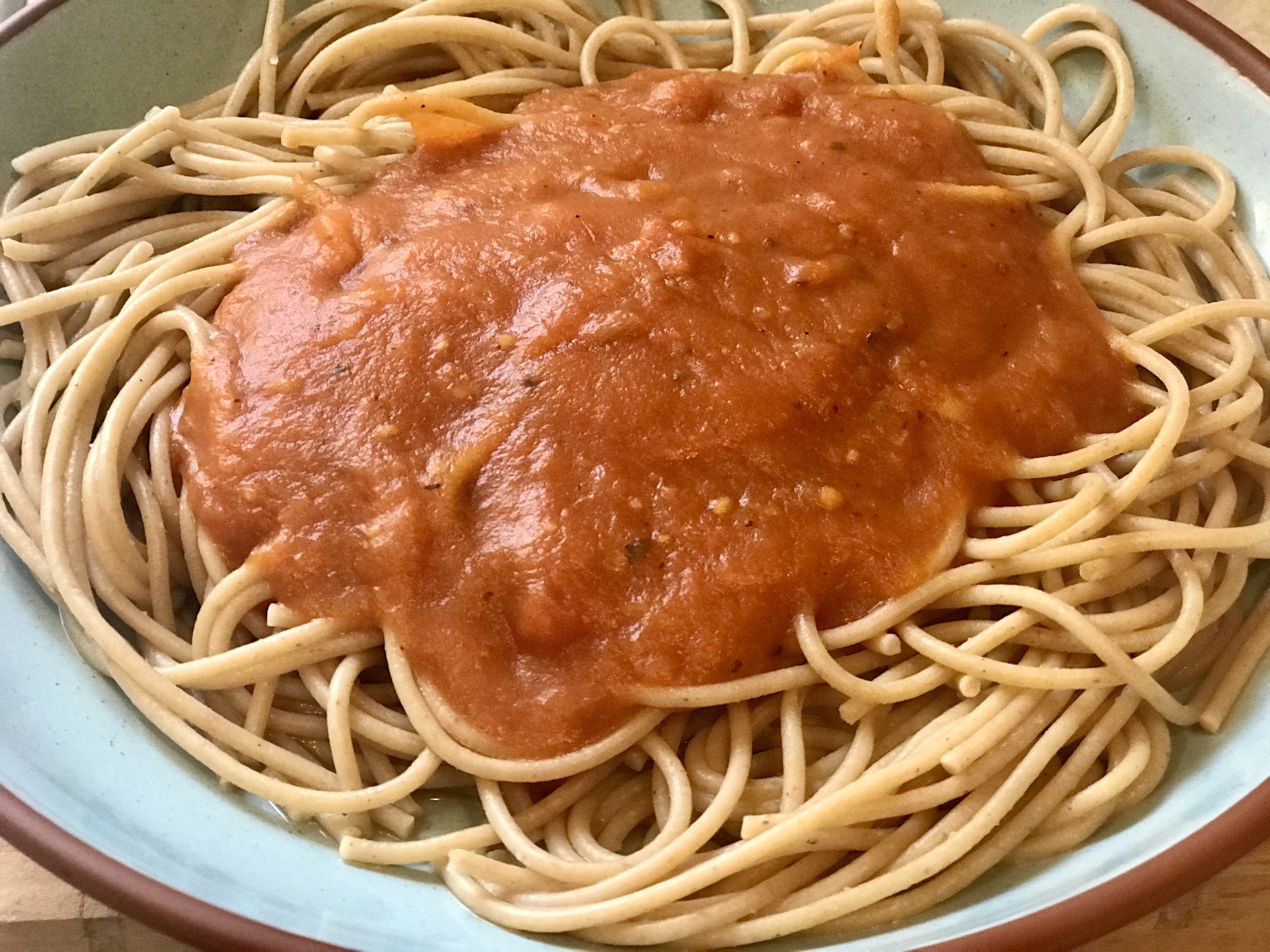 |
Prevention of Stroke, Hypertension, Heart Disease
A few key areas of study on the potential health benefits of tomatoes indicate higher consumption of lycopene and carotenoids can decrease the risk of stroke, and myocardial infarction in men, and atherosclerosis due to its hypocholesterolemic properties.
Increased consumption of potassium ~ of which tomatoes are a great source ~ and decreased consumption of salt has also been found to reduce risk for stroke, hypertension, and other diseases. (You may want to check out my article about our salt-free experiment, or read Salt and the Seven Deadly Ills, by Karel Sporek, or The Salt Solution, by Herb Boynton.)
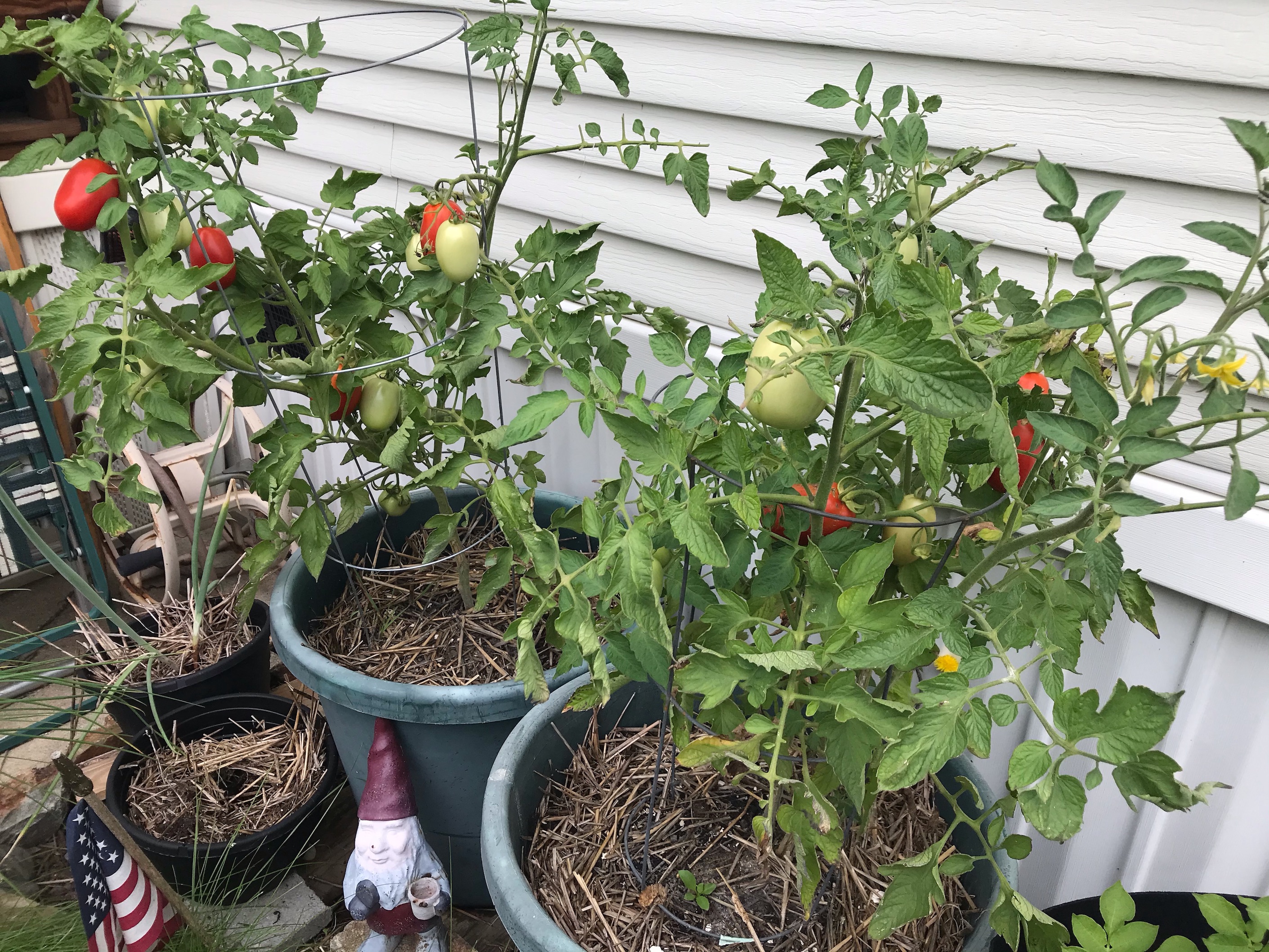 |
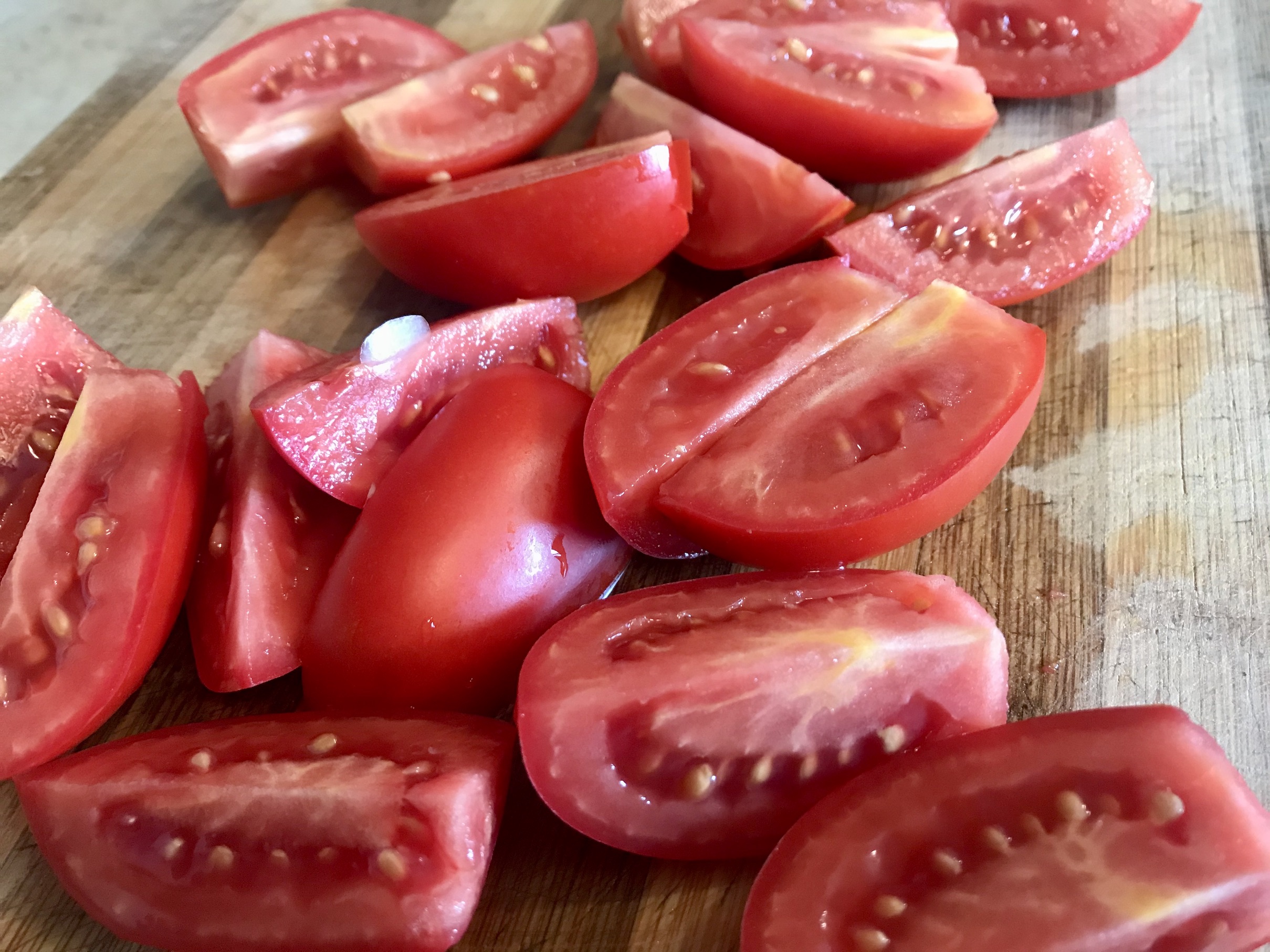 |
Endothelial, UV and Breast Cancer Protection
Consumption of tomatoes high in lycopene can help prevent abnormal blood clotting, and provide endothelial protection.
According to this abstract on on PubMed:
"Among those elements of a healthy diet, the consumption of tomatoes (Solanum lycopersicum L.) stands out for its effect on platelet anti-aggregation activity and endothelial protection, which may be beneficial for cardiovascular health."
Another study suggests that carotenoids may protect against the development of breast cancer. Especially blood concentrations of Beta-carotene according to this meta analysis.
And finally, lycopene-rich foods like tomatoes offer photoprotection from the damaging effects of UV rays, including UV light-induced erythema.
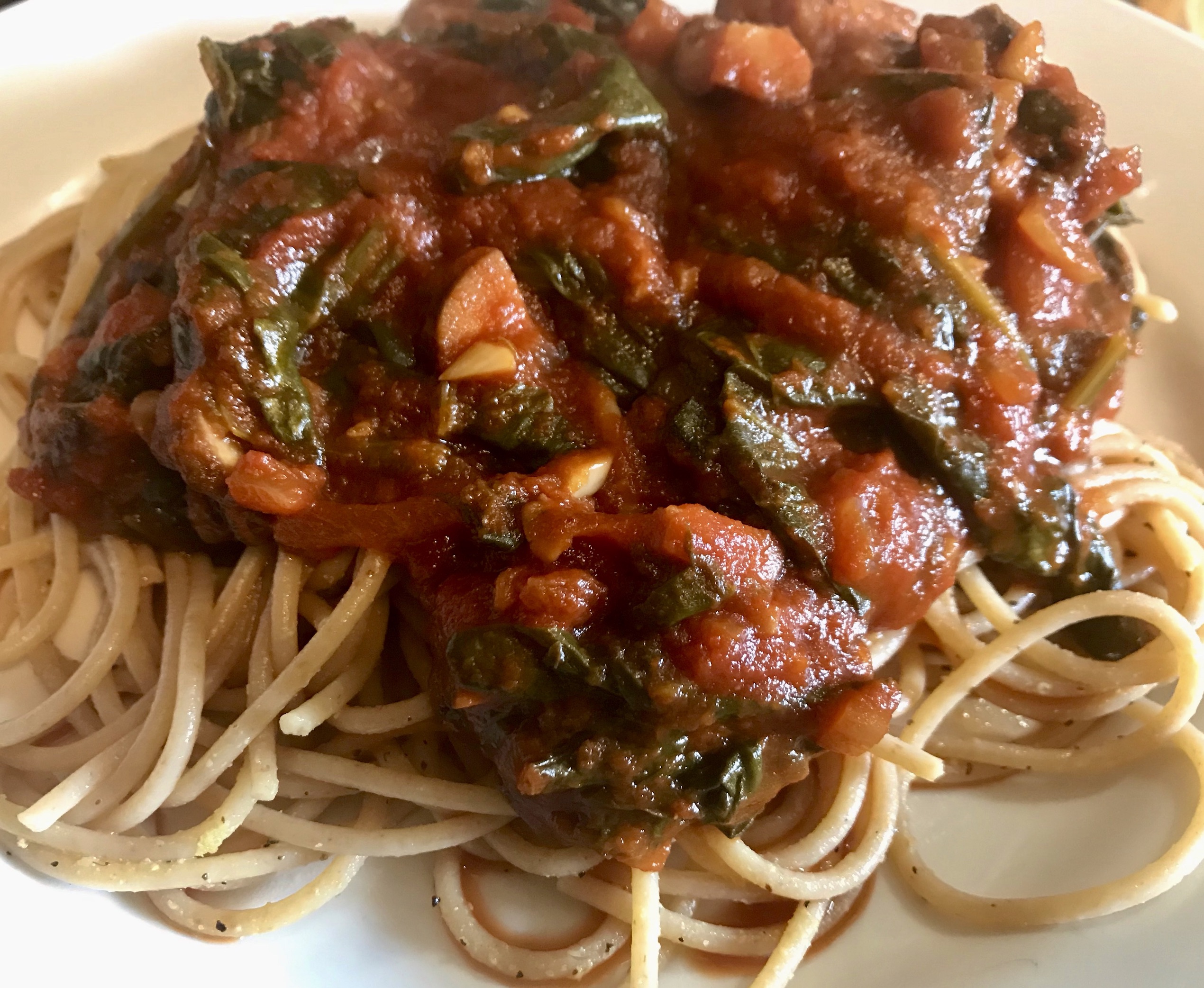 |
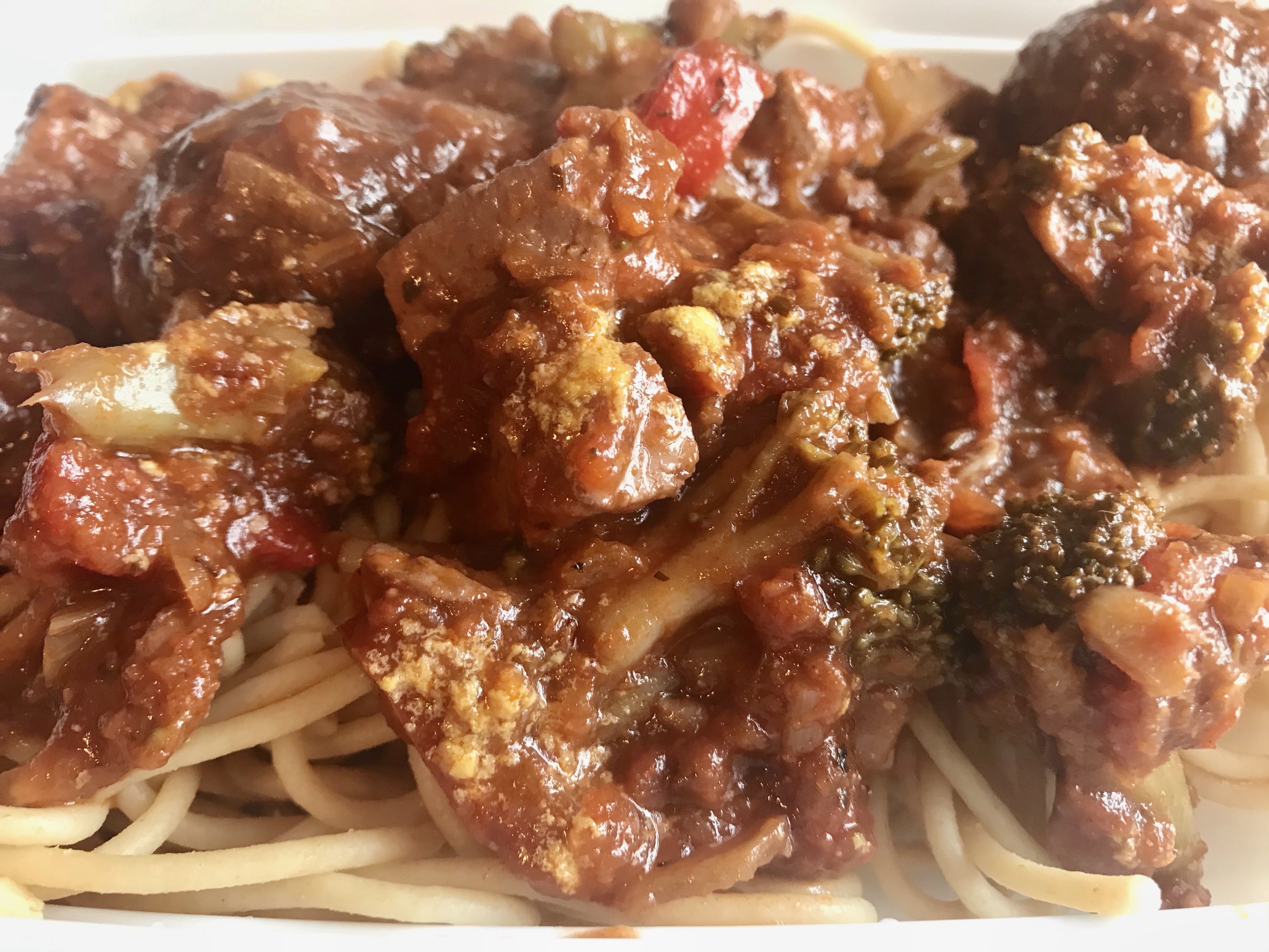 |
Tomatoes Quench Thirst, Keep Us Cool During Summer...
Isn't it amazing that this luscious, highly coveted fruit, excuse me, 'vegetable,' (enter wink emoji) ripens during the summer, in time to cool us off and quench our thirst while the heat is on? Especially when paired with cooling cukes in a Tomato & Cucumber Salad ~ one of my summer faves.
But, you ask, if tomatoes keep us cool, how can we warm them up? Ok, you didn't ask, but I'll tell you.
The right ingredients ~ some traditionally added to a Meat Sauce, and some not so commonly added ~ will warm up your Spaghetti Meat Sauce so it will hit the spot on a cold day as well.
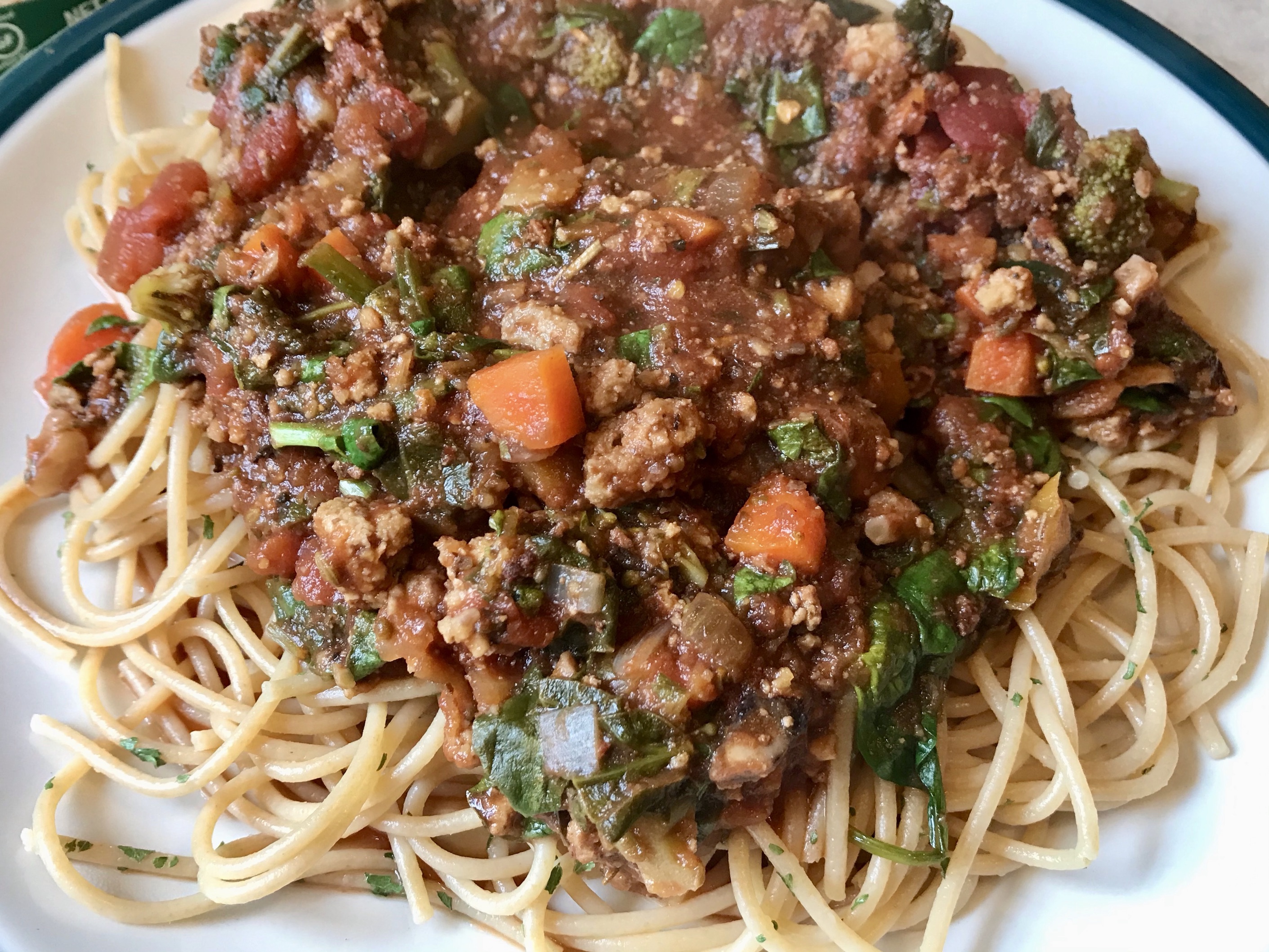
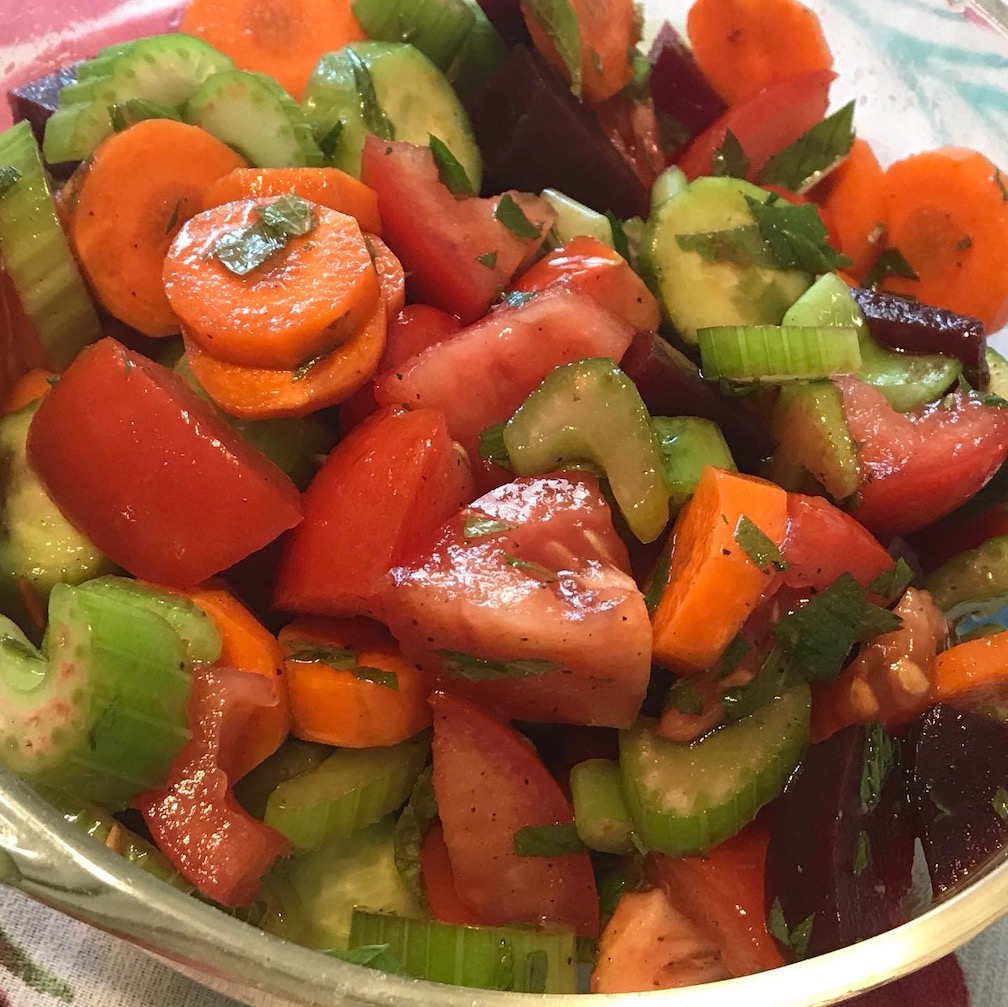
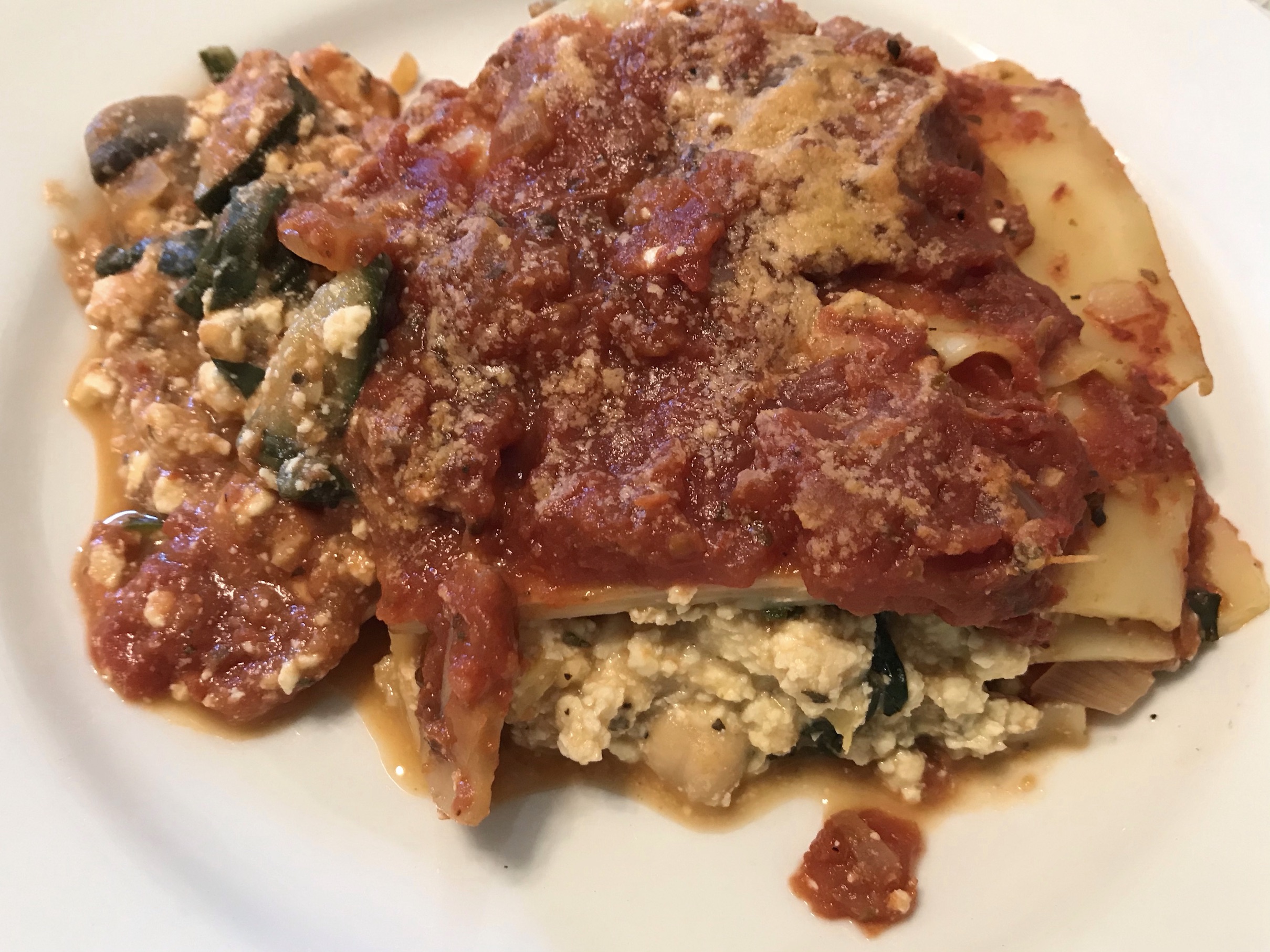
How To Warm Up Cool Tomatoes During Winter
Interestingly, in Ayurvedic medicine, spinach is not considered cooling in nature. And, according to Amadea Morningstar, author of The Ayurvedic Cookbook, consuming acidic foods like tomatoes with starches, like pasta may be a bad combo digestively speaking for those with challenged digestive systems.
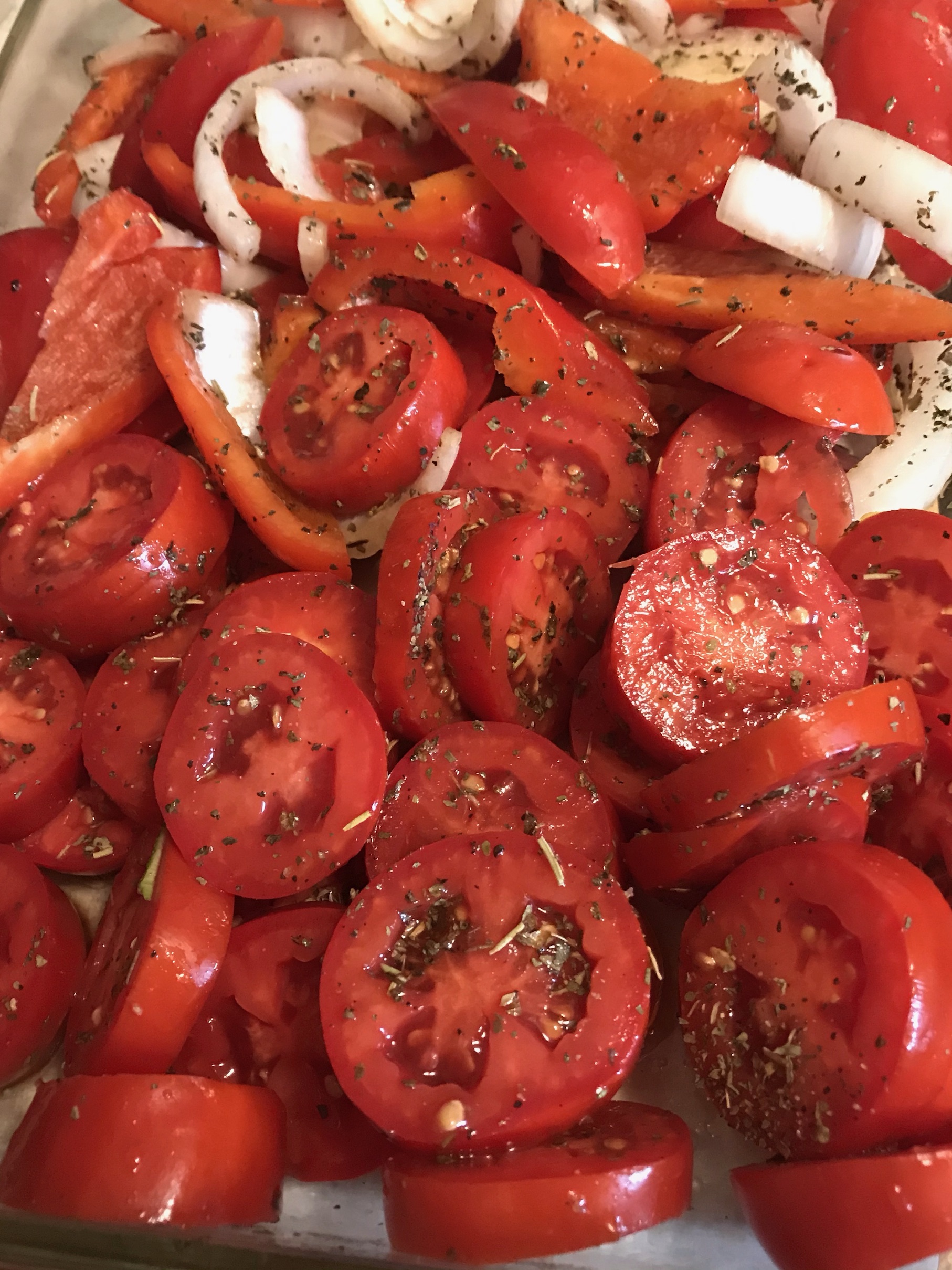
That said, if craving a warming bowl of steaming hot pasta noodles with a warming marinara sauce, on a cool fall or winter evening, warm it up with the right warming spices, like garlic, and possibly a pinch or two of red pepper flakes. Adding a little red wine can warm it up as well ~ all ingredients traditionally added to tomato-based Spaghetti recipes.
In macrobiotics, we teach four main ways to influence the innate yin / yang quality of foods, by 1)heat, 2)time, 3)pressure, and 4)salt. Roasting, stewing, and pressure cooking foods, along with adding more salty condiments adds warmth. So to 'yang-ize' your tomatoes ~ and warm up your home ~ try roasting them first!
Drizzle with a little balsamic vinegar, and add salt, pepper, and dried oregano or other herbs, then roast at 350º for about 20 minutes. The tomatoes will be more condensed, but quite juicy and delicious.
Alternatively, add ginger! While ginger is not typically found in a traditional Italian Spaghetti Sauce, it is commonly used in Asian cooking.
Or, try a pinch of Chinese five spice. Chinese Five Spice is made of anise, fennel, cinnamon, cloves, and black pepper. Anise has a mild licorice taste. Anise and fennel also aid digestion. Cinnamon, cloves and pepper are warming herbs.
Both Chinese five spice, or a little fresh minced ginger can add warmth to soups, stews, spaghetti sauce, or other dish with cooked tomatoes, AND aid digestion. It not only balances the cool nature of tomatoes, but you'll feel all warm inside as well, ideal during winter time. Plus, ginger 'detoxifies' meat as per Chinese food therapy ~ for those consuming meat.
In lieu of Chinese five spice, a pinch of clove, allspice, or even cinnamon can be used instead. (Or, not.)
Just remember: absorption of carotenoids is improved when cooked in a little fat. However, don't let that stop you from enjoying them on a salad with a little balsamic vinaigrette!
>>>Health Benefits of Tomatoes >>>Return to HOME Page
